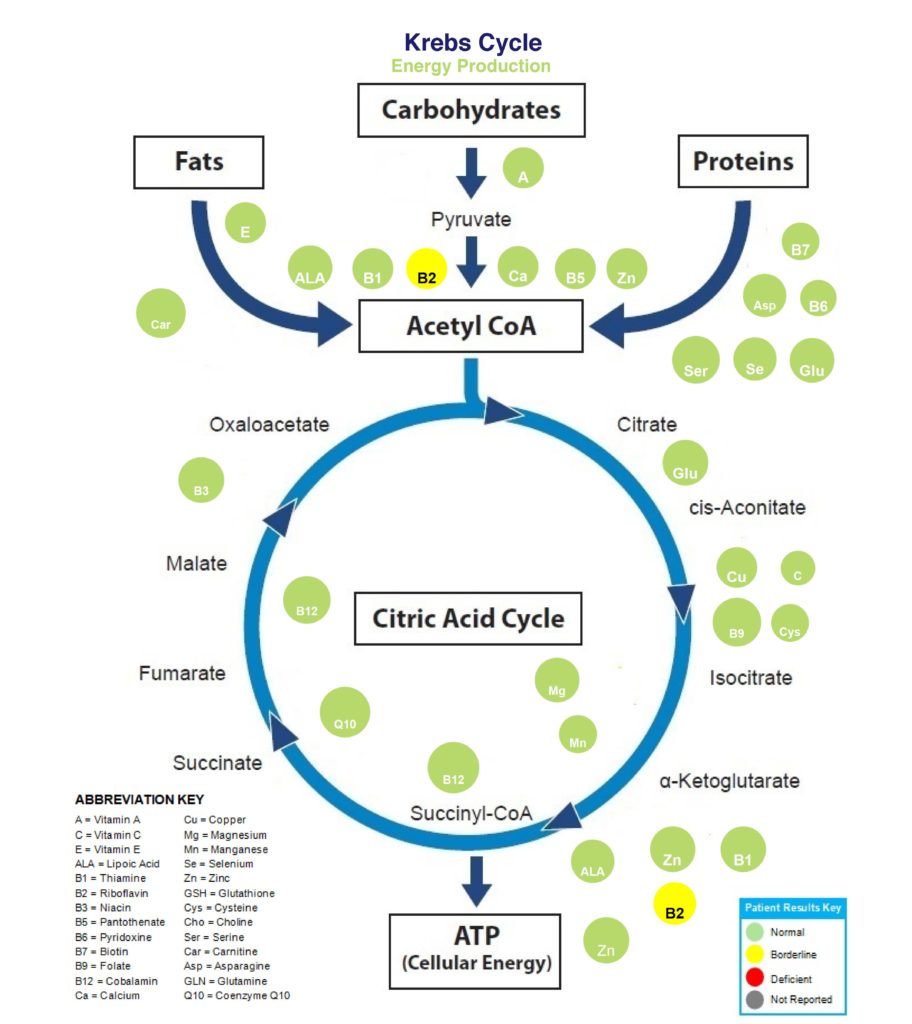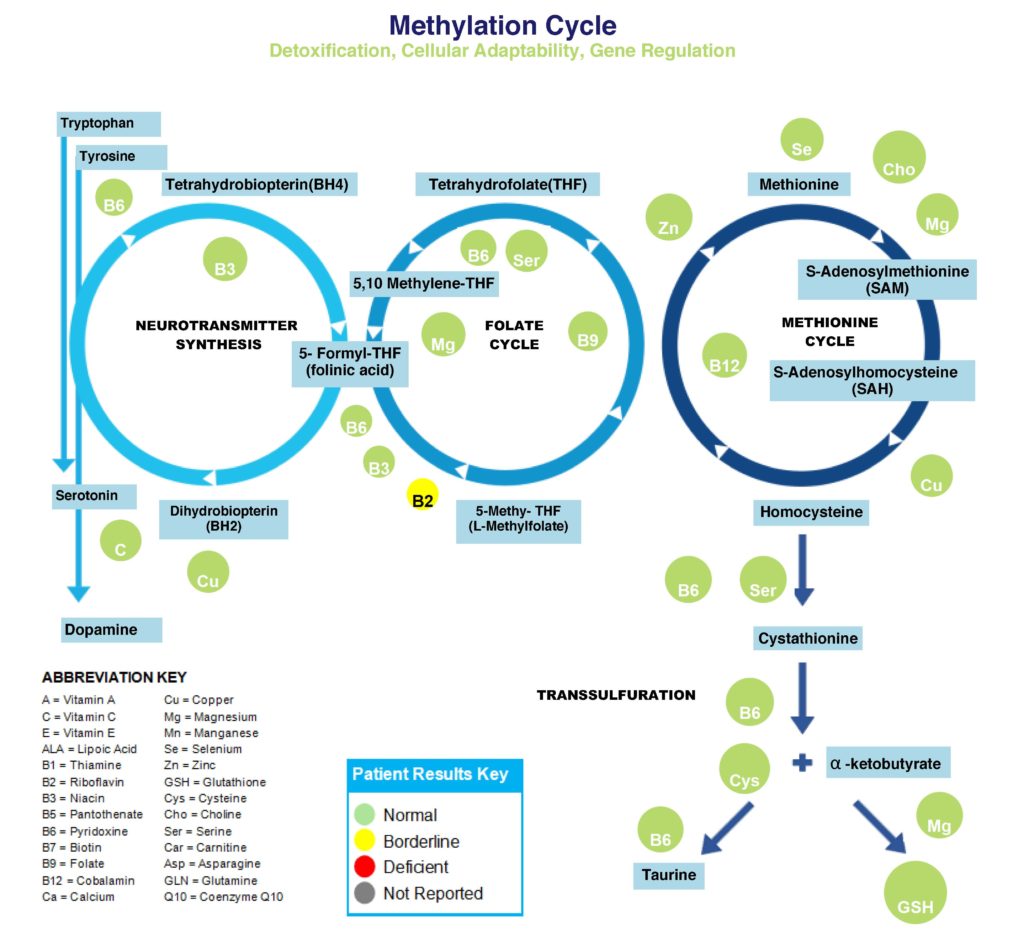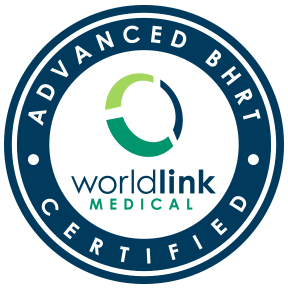In general, vitamins are food substances found only in things that grow, such as animals and plants. They are essential for our bodies to function properly. The human body cannot make vitamins. They must be ingested either as dietary supplements or better yet in food. Vitamins cannot replace food–they must be used in conjunction with food. Vitamin D, however, is a unique vitamin, in that it can also be absorbed through the skin, via sunshine.
When getting your vitamin D, however, through food, even if you eat a healthy diet, there is no guarantee that you will properly digest and absorb your foods and nutrients, which is why you must also have adequate gastrointestinal function if you want to absorb your vitamins. In fact, vitamin D is crucial for proper gastrointestinal functioning. I recommend investigating your gastrointestinal function annually, by doing a GI Map Stool test, regardless if you have gastrointestinal symptoms or not.
It is crucial to have adequate gastrointestinal function, as I mentioned above, so that all of our vitamins and minerals can be absorbed and enter into the Krebs Cycle, which allows us to make energy (ATP). Often if even one nutrient is missing, energy production comes to a halt. You can see in the image below, where each nutrient is needed in the process and where it enters the cycle.

Likewise, our vitamins and minerals must also enter the methylation cycle, for control of detoxification, cellular adaptability, and gene regulation. Thus, so many body processes are dependent on adequate intake, digestion and absorption of our nutrients. Below is a depiction of the methylation cycle.

Vitamin D is the principle regulator of calcium homeostasis in the body. It is essential for skeletal development and bone mineralization. Vitamin D is a prohormone with no hormone activity. It is converted to a molecule that has biological activity. The active form of the vitamin is 1, 25-dihydroxyvitamin D, usually referred to as vitamin D3. It is synthesized in the skin from 7-dehydrocholesterol via photochemical reactions requiring UV light (sunlight).
Inadequate exposure to sunlight contributes to vitamin D deficiency. Vitamin D deficiency in adults can lead to osteoporosis. This results from a compensatory increase in the production of parathyroid hormone resulting in bone resorption.
Increasing evidence is accumulating that vitamin D may also contribute to antioxidant function by inhibiting lipid peroxidation. The mechanism of the antioxidant effect is unknown.
Vitamin D is also needed for adequate blood levels of insulin. Vitamin D receptors have been identified in the pancreas.
A COMMON DEFICIENCY PROFILE:
- myalgia
- bone mineral density abnormality
- diabetes mellitus
- immunodeficiency
- cancer
- obesity
- liver dysfunction
- renal dysfunction
- fat malabsorption
Osteoporosis results from an imbalance between bone resorption and bone formation. Decreased vitamin D levels results in decreased production of the active form, vitamin D3. Vitamin D enhances the efficiency of calcium absorption. Chronic vitamin D deficiency results in decreased calcium absorption and secondary hyperparathyroidism.
Vitamin D3 has been found to have anticarcinogenic activity, including apoptosis in many types of cancer cells. It has also been useful in the treatment of psoriasis when applied topically. Vitamon D appears to demonstrate both immune-enhancing and immunosuppressive effects.
Research proves that nutrients work synergistically so that the status of one nutrient typically impacts the status of other nutrients. Every vitamin and mineral should be evaluated within the context of other nutrients.
MONITOR THESE OTHER NUTRIENTS WHEN EVALUATING VITAMIN D:
- calcium
- magnesium
- zinc
- vitamin B3 (niacin)
- chromium
Synergistic Nutrients:
- vitamin K: optimal levels of vitamin K prevent some of the problems of excess vitamin D and leads to better outcomes; sufficient levels of vitamins D and K lead to reduced risk of hip fractures and an increase in BMD and other markers of bone health; sufficient vitamin K and D also improves insulin levels and blood pressure while reducing the risk of artherosclerosis.
- calcium: vitamin D increases calcium absorption; along with vitamin K, supplementing with calcium and vitamin D leads to improved bone, heart, and metabolic health; calcium and vitamin D also work synergistically for skeletal muscle function; co-supplementation of vitamin D and calcium led to an improved response to children with rickets.
- magnesium: supplementing with vitamin D improves serum levels of magnesium, especially in obese individuals; magnesium is a cofactor for the biosynthesis, transport, and activation of vitamin D; supplementing with magnesium improves vitamin D levels; deficiency in both vitamin D and magnesium increase risk for cardiovascular disease, diabetes, metabolic disease, and skeletal disorders.
- selenium: supplementing with vitamin D improves serum levels of selenium.
Antagonistic Nutrients:
- Vitamin A: high levels of vitamin A decrease vitamin D uptake by 30 percent
- Vitamin E: medium and high levels of vitamin E significantly reduce vitamin D uptake by 15 percent and 17 percent respectively.
FOOD SOURCES OF VITAMIN D:
Natural Sources:
- salmon, wild: 600-1000 IU in 3.5 oz
- salmon, farm: 100-250 IU in 3.5 oz
- mackerel: 250 IU in 3.5 oz
- tuna: 230 IU in 3.5 oz
- cod-liver oil: 400 IU in 1 tsp
- shitake mushroom, fresh: 100 IU in 3.5 oz
- shitake mushroom, dried: 1600 IU in 3.5 oz
Fortified Sources:
- milk: 100 IU in 8 oz
- orange juice: 100 IU in 8 oz
- yogurt: 100 IU in 8 oz
- cheese: 100 IU in 8 oz
- butter: 50 IU in 3.5 oz
ROLE IN DISEASES & METABOLIC DYSFUNCTION:
Hypertension:
- linked to its role in calcium transport
- augments blood pressure lowering effect of calcium
- keeps blood vessels smooth and healthy
Lipid Metabolism:
- suppresses foam cell formation thus reducing risk of lipid-related arterial blockages
- deficiency linked to dyslipidemia
Diabetes:
- lowers risk of type 1 and type 2 diabetes
- suppresses inflammation of pancreatic beta cells
- vitamin D receptor gene linked to diabetes
- predictive measure that effects insulin synthesis and secretion; if not in optimum range will contribute to insulin resistance
Weight Management:
- deficiency strongly linked to poor metabolism of carbohydrates
- genes that are regulated by vitamin D may alter the way fat cells form in some people
- hinders weight loss due to its role in insulin resistance
Depression, Anxiety & Sleep:
- increasing blood levels of vitamin D improve symptoms of depresion
Inflammation:
- potent modulator of inflammation
- helps turn off chronic inflammatory respones
- inhibits pro-inflammatory cytokine production
Gastrointestinal Health:
- keeps gut flora healthy by protecting good bacteria
- activates adaptive immunity that originates in the gastrointestinal tract
- promotes gut barrier integrity
- deficiency linked to IBS (irritable bowel syndrome) flare-up
Fatigue:
- low levels are seen in patients with chronic fatigue syndrome
- deficiency causes decreased muscle strength
Testosterone:
- regulates synthesis of testosterone
- supplementation can significantly increase total, free and bioactive testosterone levels







